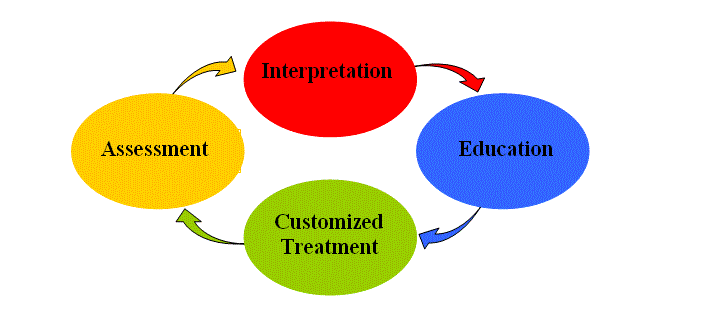Posts Tagged ‘Neuropsychology’
Online Mental Health Screenings
There are many online tests out there, including mental health screenings. Some online mental health screenings are meant to sell you things. Not necessarily bad things. For example, some online memory tests are designed to sell you brain training software, some of which may assist people with retaining brain capabilities as they age.
Other online screenings are meant to expose you to advertising. Still others just want to make you aware of a condition and its symptoms. While the latter is a good goal, it’s important to remember that online screening tools are no substitute for seeing your doctor, psychologist, or neuropsychologist. If you’re having any sort of symptoms, seek medical help.
Still, since screenings can be educational, and scoring an interesting result on an online screening can encourage people to see their doctors, psychologists, or neuropsychologists for professional screening, I’m posting this link to Mental Health America’s online screenings. They include screenings for:
- Depression
- Anxiety
- Bipolar Disorder
- Psychosis
- Eating Disorder
- PTSD
- Alcohol and Substance Use
- Childhood Emotional Disturbances
Please use these screenings responsibly and do not assume that if you score well on a screening that you do not need to speak to a professional. If you have any questions, please see a professional.
Finding out you have a mental health issue may seem scary at first, but it is better to find out early, so you can get help early. Often doctors and psychologists can help prevent a condition from stopping you from reaching your true potential in life.
Check out the screenings here:
What is Neuropsychology and What Can It Do for Me?
Neuropsychology is the study of the relationship between brain function and behavior. Neuropsychological evaluations begin with assessment, where you do tasks that test the different key areas of your brain. After we interpret the tests, we get to know your brain functioning in detail and can figure out what parts of the brain are working fine and what parts are not. We use that information to make individually tailored recommendations which help make your treatments work better by teaching you how to rely more on the parts of your brain that are still functioning properly.
